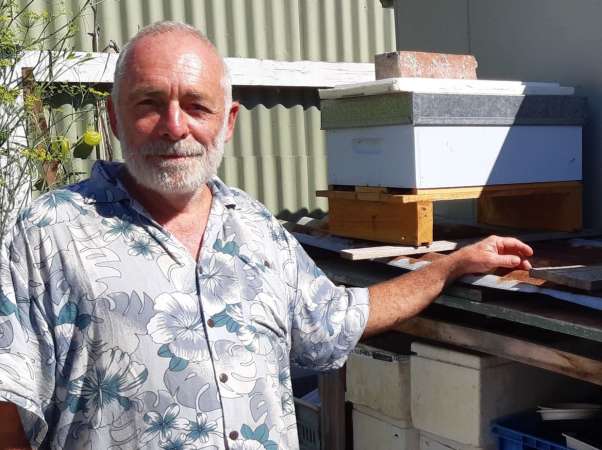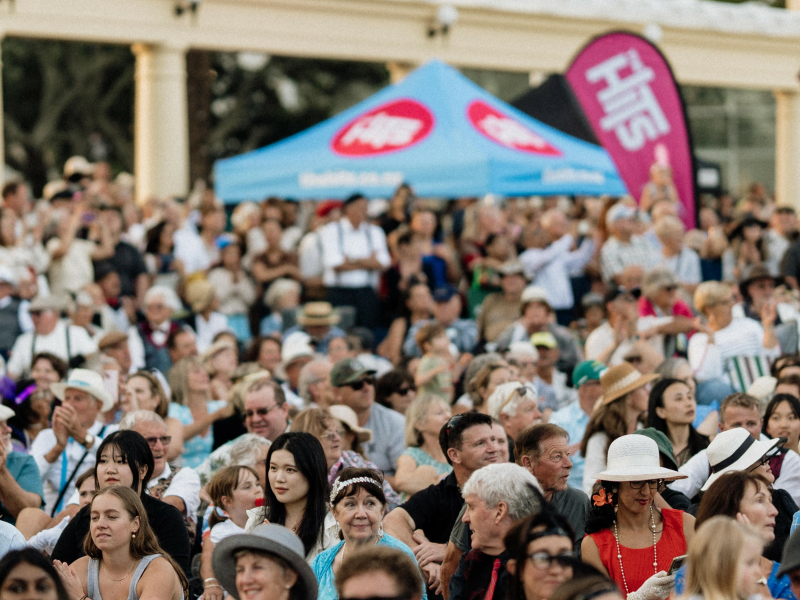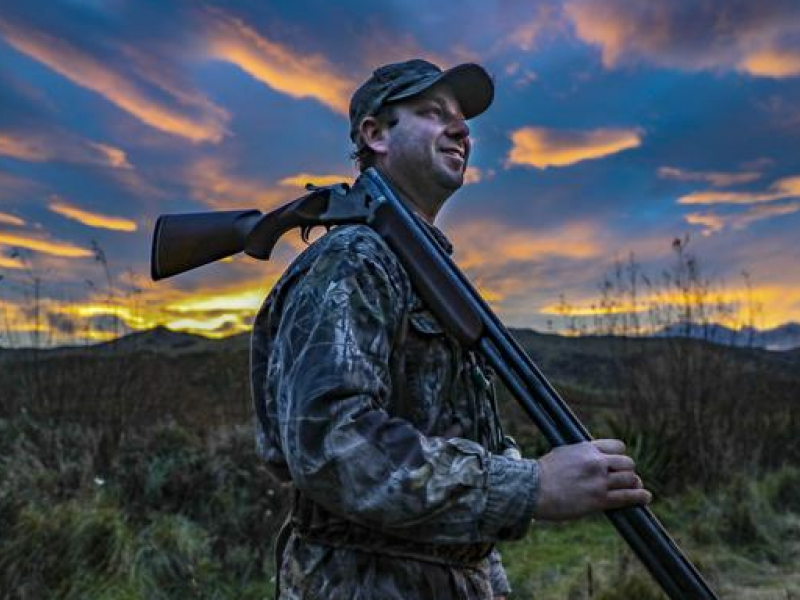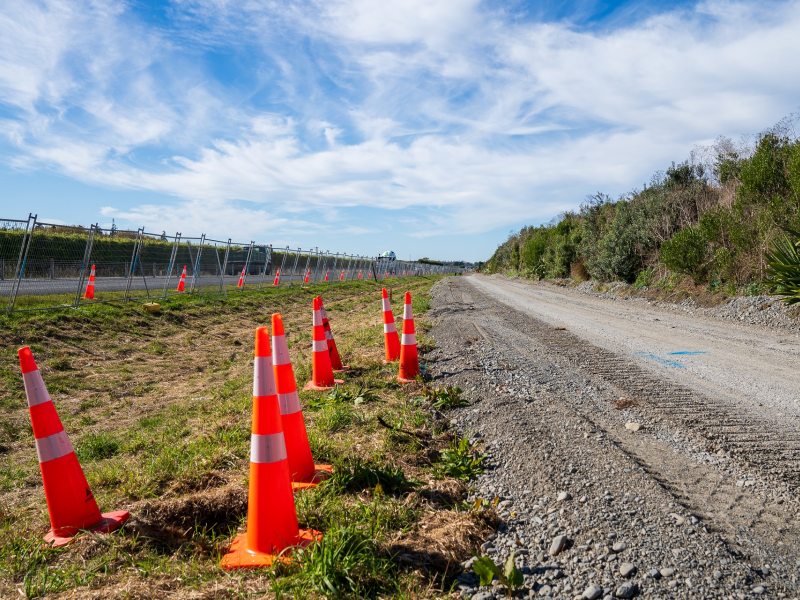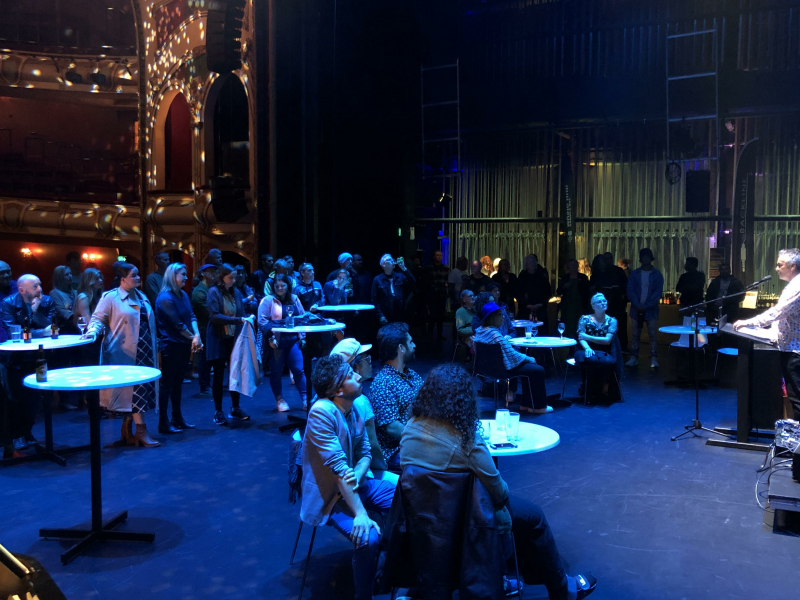Wisdom from a long-time beekeeper
Kevin Tinker has extensive experience in beekeeping, something he’s been involved in virtually all of his life. Sarah Cates talks to Kevin about this popular and vital industry.
When did you start beekeeping?
There’s no big story really. I was a teenager in Zimbabwe. There was a wild swam and somebody asked me if I could collect it. They were going to kill it, but I wanted to keep them alive. I gained further interest when I was in the police force in Zimbabwe. We would get phone calls asking for help with wild bees. I would go and collect them. When I left the police, I carried on as a hobbyist bee keeper. This hobby grew into a business called Professional Pollination Services where some friends and I were running over 2000 hives. We offered pollination services and queen breeding, and supplied honey, royal jelly, and medicinal products to the market.
Circumstances in Zimbabwe forced you to leave the country and your bees. How did you start again in Hawke’s Bay?
I joined the Hawke’s Bay Beekeepers Association. I slowly got one hive. Gradually this has increased over the years.
What is it about bees you like so much?
They are fascinating from the point of view that each time I go into a hive, if I’m observant enough, there is always something new that I learn.
What’s an example?
A good beekeeper should be able to predict the weather! If you are observant enough, you will notice things like the bees are bringing in more pollen than they need to. Why? Are they bringing in more nectar? Why? Is the queen laying more eggs? Why? It could be down to rain coming, heavy winds, et cetera. You should be able to read the needs of your hive through the bees’ behaviour.

Is there such a thing as a ‘good’ beekeeper and a ‘bad’ beekeeper?
Yes. A good beekeeper manages his or her bees and a bad beekeeper is a ‘honey robber’.
Beekeeping has become very popular in New Zealand. Why do you think this is?
New Zealand is a wonderful place to keep bees. We have a good climate for beekeeping. Many people desire a hive on their property. Having such a good reputation worldwide for our Manuka honey also adds to the appeal.
Are there any problems with this?
Yes. Good management of a beehive really needs you to go on a course and/or have a mentor. It is most disheartening for people who buy a beehive and the equipment – this can be close to a $1000 – and, due to lack of knowledge and an inquiring mind, they allow diseases to get into the hive. All good animal management takes knowledge and skills. It’s the same with beekeeping.
What advice would you give someone who is thinking about keeping bees?
Join the local beekeeping club. Gain some basic knowledge. Attend field days. And, most importantly, get stung! And then look into a course. It’s important you check with your local council before you put a beehive on your property. Only when you have ticked these boxes, buy your first hive!

Why are bees so important to us?
Without bees we are dead! EO Wilson in his book Forgotten Pollinators said: "Every third bite of food you take, thank a bee, or other pollinator”.
What is the biggest threat to New Zealand bees?
Poor management and exotic diseases that are not even in New Zealand yet.
What are the major problems currently faced in New Zealand?
American Foulbrood (AFB), a fatal bacterial disease of honey bee brood caused by the spore forming bacterium Paenibacillus larvae. The only way to treat this is to completely eradicate the hive. You have to burn it. This is one of the most uncomfortable things for a bee keeper ever to do. I am a disease elimination conformity agreement (DECA) inspector. If I inspect a hive, and I find it has AFB, it is very hard for me to tell the beekeeper they have to burn their hive within seven days. It’s very hard.
Varroa Mite is also an ongoing problem.
Do we have AFB in Hawke’s Bay?
Yes. Hawke’s Bay has a fairly high rate of AFB compared to other regions in New Zealand. One of the reasons for this is that commercial beekeepers from out of Hawke’s Bay are transporting their hives into Hawke’s Bay because of our warmer, more favourable climate.
I have read in the news from time to time about stolen hives. How accurate is this?
As in all sectors of society there are bad apples. There have been incidents where hives have been stolen. One of the biggest dangers to beekeeping is theft of hives. There is big money in Manuka honey and big money in selling full colonies that are capable of collecting nectar and pollinating straight away. Sometimes the colony will be transferred into another box and all the original equipment will be burned. This way, they will not be able to identify the stolen bees.
How can we help protect our bee colonies?
You can plant bee-friendly trees, herbs and flowers. Limit, or stop using, chemicals to treat your lawn or garden. Buy local honey.
Where do you see yourself in the beekeeping industry now, and in the years to come?
I am presently lecturing in apiculture at Land Based Training, providing beekeepers with the knowledge to have productive, happy bees. As a qualified naturopath I would like to bring apitherapy into the fold for holistic health practitioners.
What are the health benefits of honey?
It’s an excellent wound healer. It’s hydroscopic, antibacterial and antiviral.
Why is honey so expensive?
There is a manuka craze! But, that aside it is harder to produce honey now with diseases like Varroa and AFB. There is a lot of extra equipment that’s needed, extra monitoring of bee hives to ensure disease is kept under a certain threshed. Hopefully we can obliterate Varroa and AFB completely! All these things add up. And we depend on the nectar. If we have a bad season that will impact the price also.
Do you have a moto?
Work smart, not hard! And, if a job is worth doing, it’s worth doing properly.

